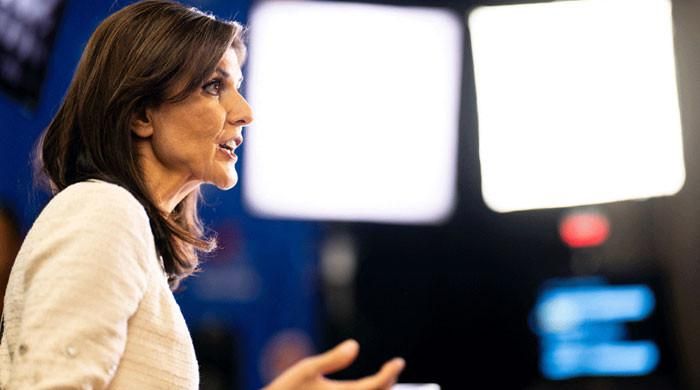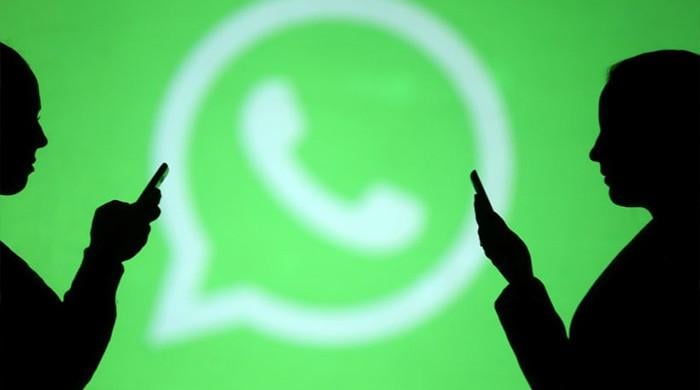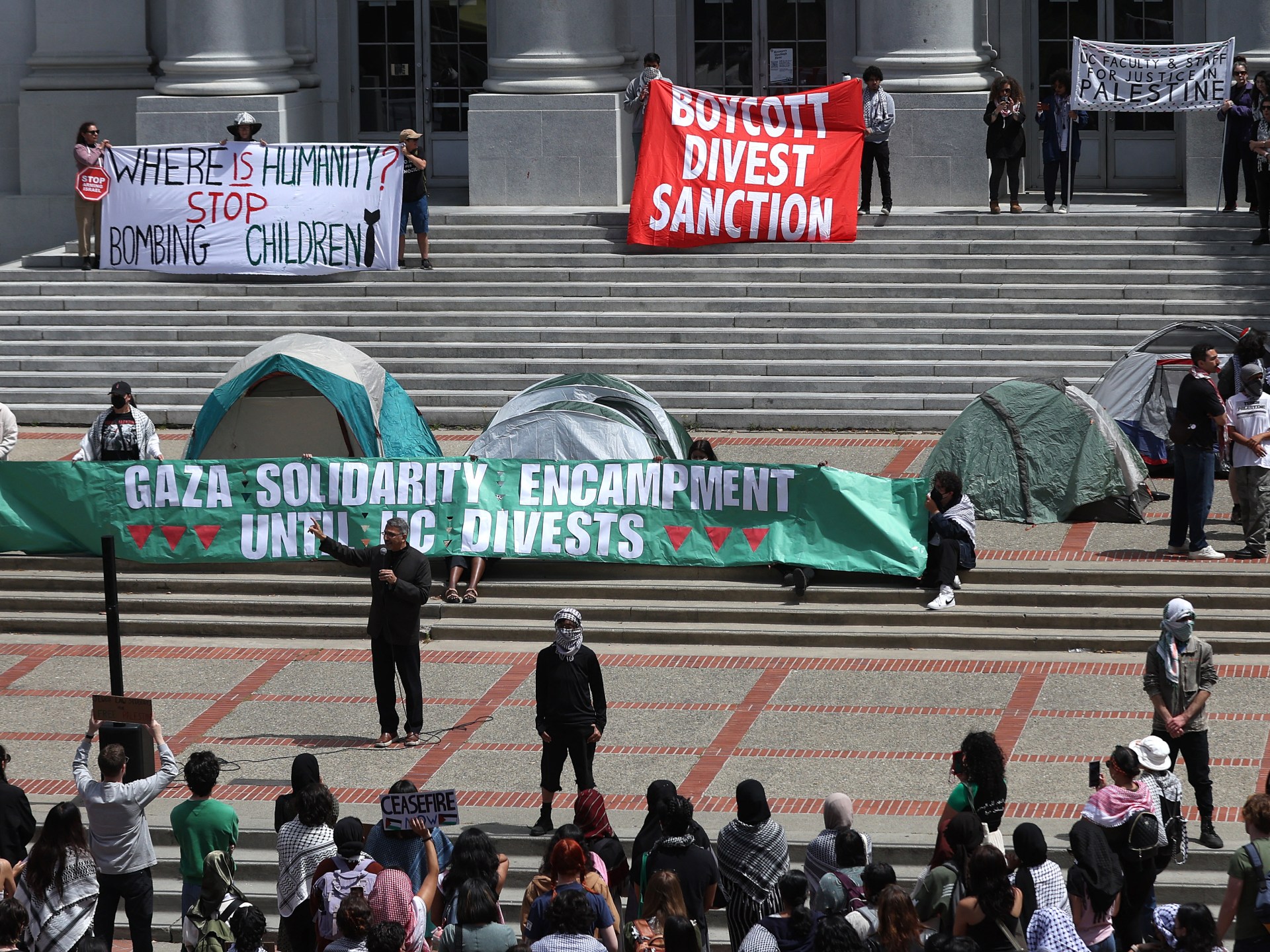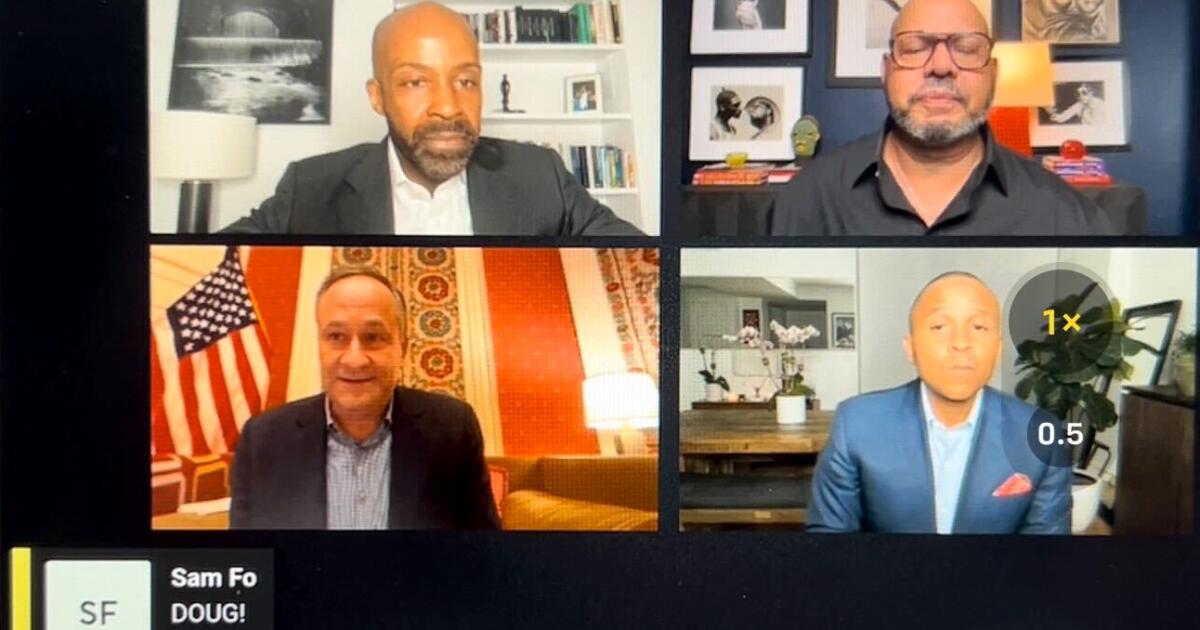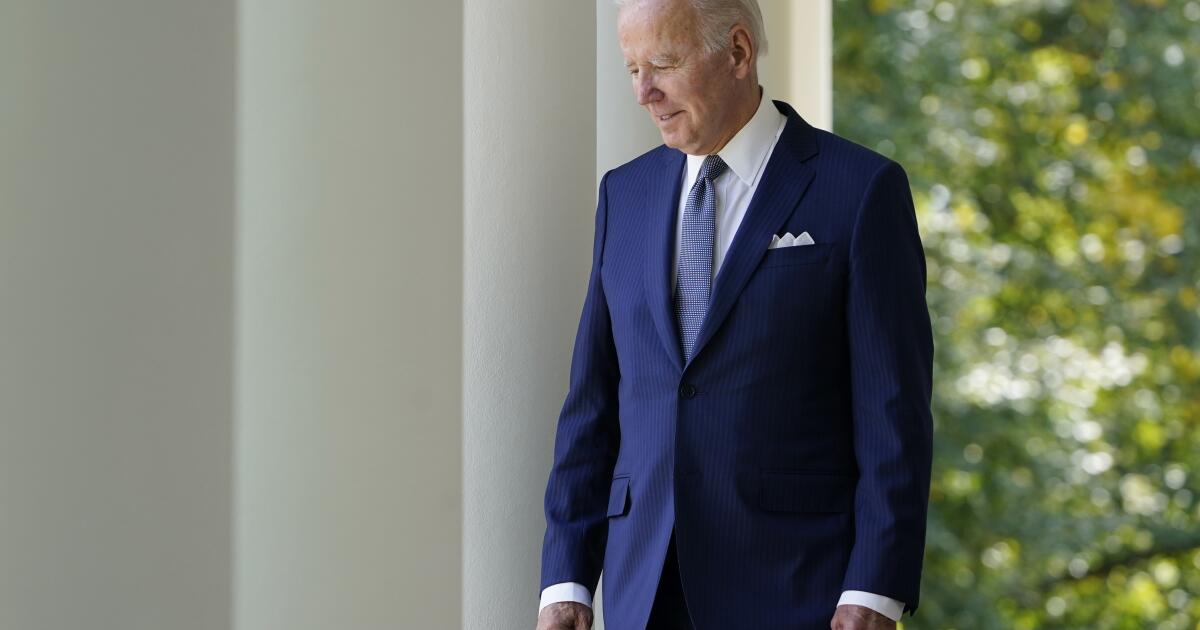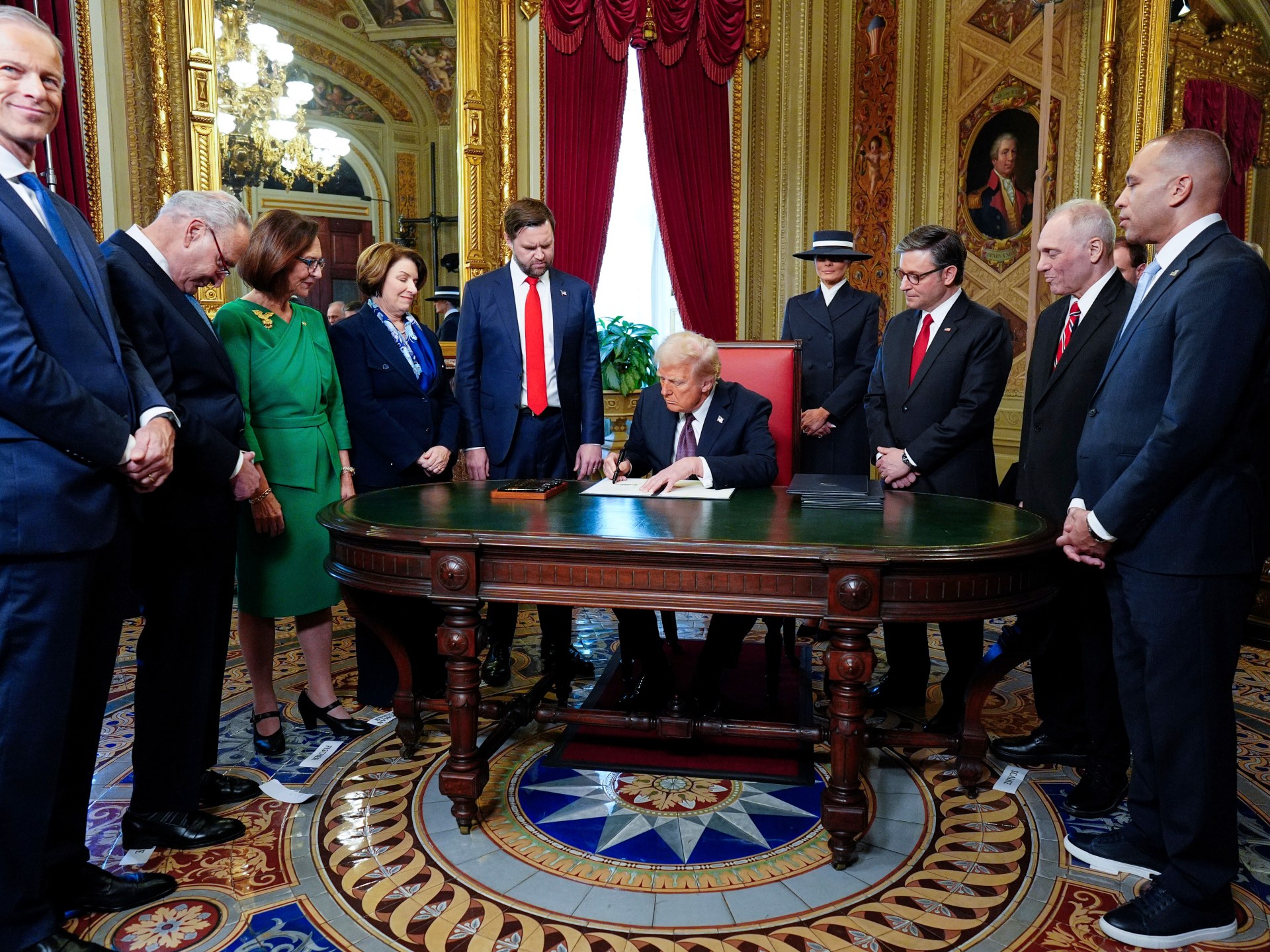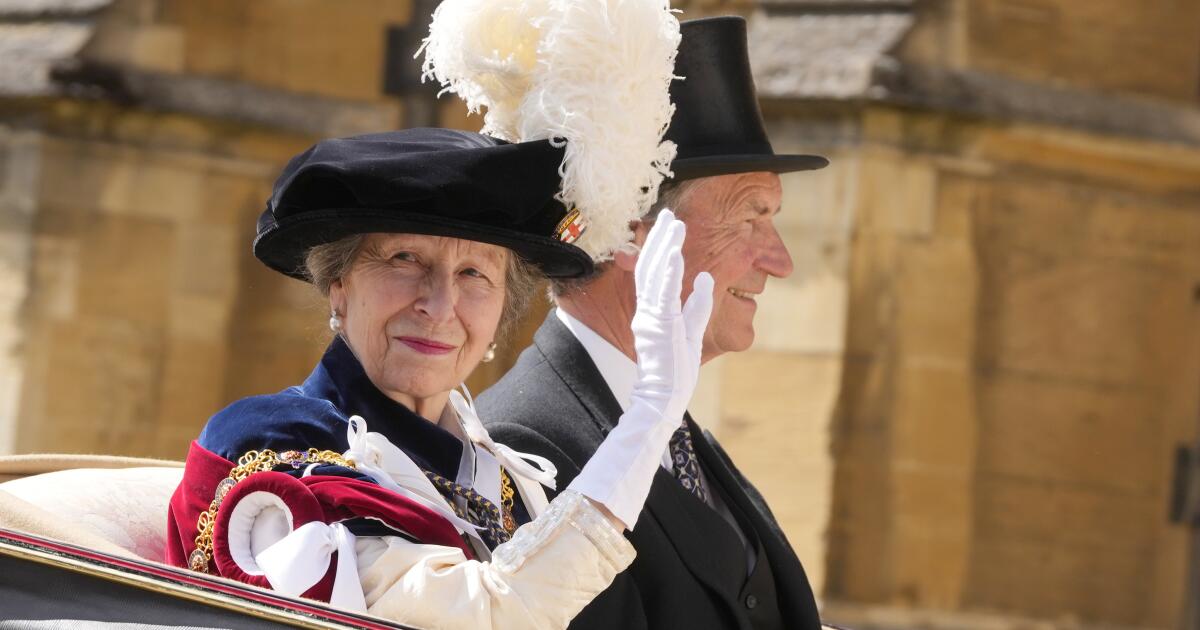Nikki Haley said, “To me, embryos are babies. When you talk about an embryo, to me you're talking about that being a life.”
Republican presidential candidate Nikki Haley expressed support for the Alabama Supreme Court's controversial ruling that frozen embryos from in vitro fertilization (IVF) should be recognized as babies.
The court's decision, which considers embryos in test tubes as children, has resonated in the reproductive medicine community, generating legal uncertainties.
In an interview with NBC NewsHaley backed the Alabama court's position, saying, “To me, embryos are babies. When you talk about an embryo, you're talking about, to me, that's a life.”
The former governor of South Carolina, who had her son through artificial insemination, distanced her personal experience from the IVF procedure with embryos.
Haley, a leading contender for the 2024 Republican presidential nomination, faces front-runner Donald Trump in her home state of South Carolina. Although she is trailing in the polls, Haley remains steadfast in his candidacy. Trump has not commented publicly on the Alabama ruling and his campaign representative has not yet responded to queries.
Alabama's decision, seen as shocking in the state with strict abortion laws, has left patients grappling with uncertainties about how to proceed with IVF and the fate of their embryos. The University of Alabama at Birmingham temporarily halted in vitro fertilization due to concerns about legal repercussions.
White House press secretary Karine Jean-Pierre linked the chaos surrounding the Alabama ruling to the 2022 Supreme Court decision overturning Roe v Wade, saying: “This is exactly the kind of chaos we expected “.
The ruling is the latest development in the contentious landscape of reproductive services following the overturning of Roe v. Wade in 2022, a decision that Republican candidates largely avoided addressing in the 2024 elections.
Nikki Haley, who advocates for Republican unity, emphasizes finding consensus on divisive abortion debates, while Trump, who is credited with appointing justices who helped overthrow Roe, maintains ambiguity by supporting a ban national abortion.

